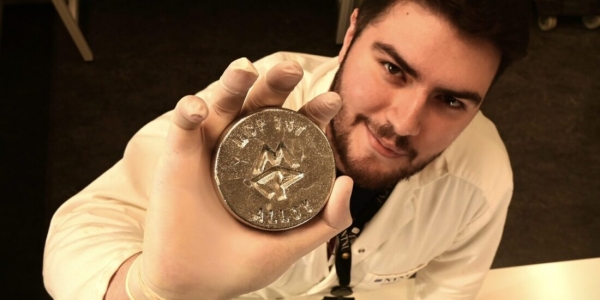Companies can’t simply walk away from old oil and gas wells.
Companies can’t simply walk away from old oil and gas wells. They have to be capped in a way that protects the environment and prevents leaks. A new approach to today’s solution could be better for the environment and cheaper, too.
Over the next 25 years, as the world shifts away from fossil fuels, the oil and gas wells that have sustained the fossil fuel age will have to be plugged.
No big deal, you might think, drilling those wells was the hard part. Plugging them should be no problem. But think again.
The Norwegian Continental Shelf, as an example, is punctured by more than 2000 wells. Harald Linga, centre director for SWIPA (see box), a Centre for Research Based Innovation based at SINTEF, Scandinavia’s largest independent research institute, estimates that plugging them using today’s technology will cost upwards of NOK 800 billion – that’s USD 73 billion.
Read more at Norwegian University of Science and Technology
Image: Lewaa Hmadeh, a PhD candidate at NTNU's Department of Geoscience and Petroleum, holds a test well plug made of a bismuth-tin alloy. The marks on the plug show that the alloy is MCP 137, which is made from 58 per cent bismuth and 42 per cent tin. Photo: Per A.D. Jynge/NTNU




